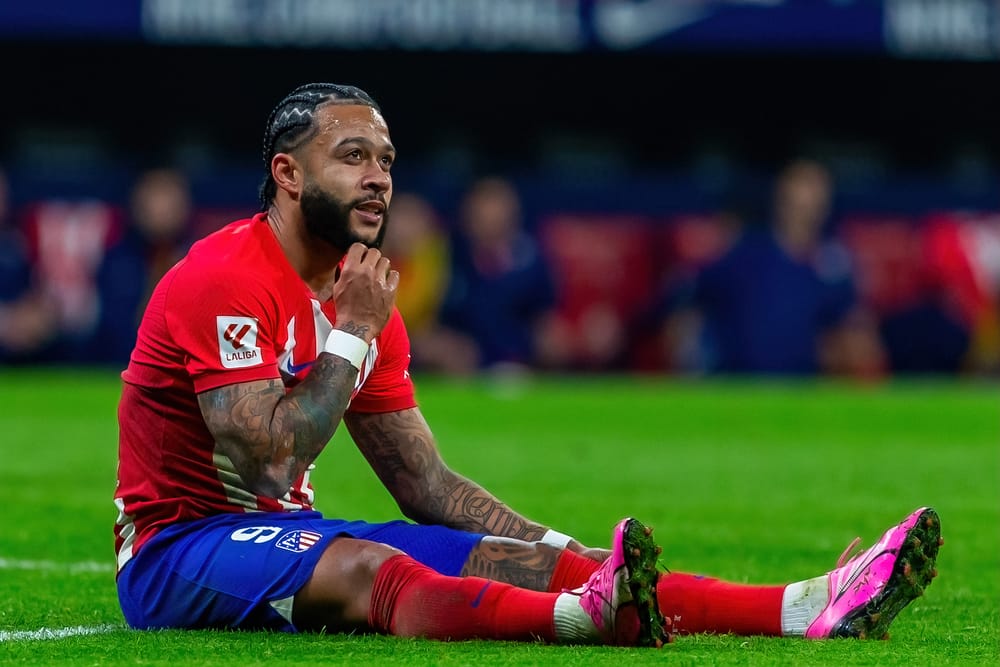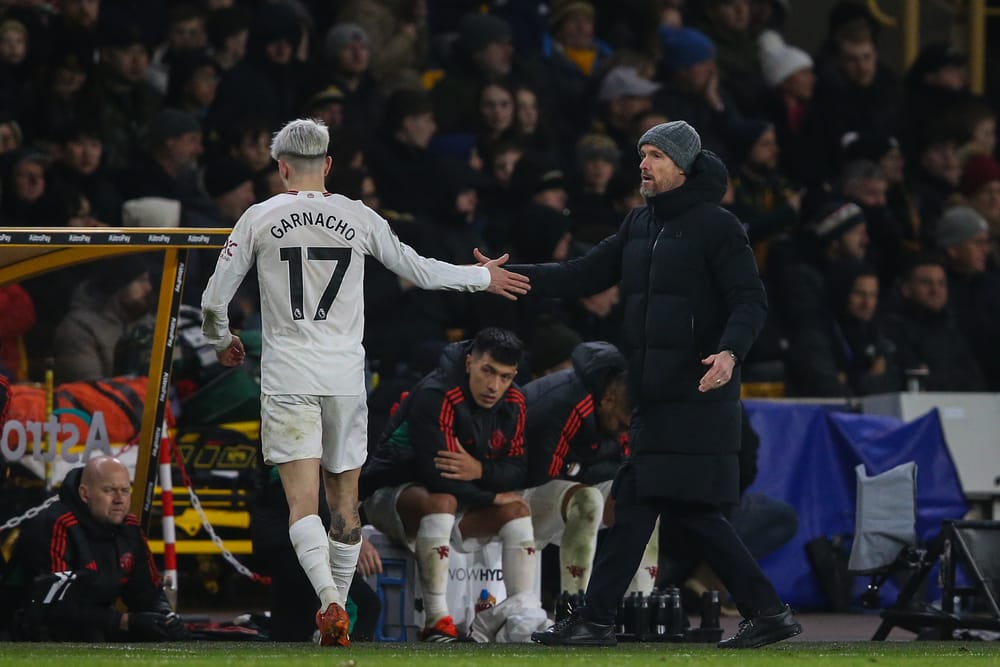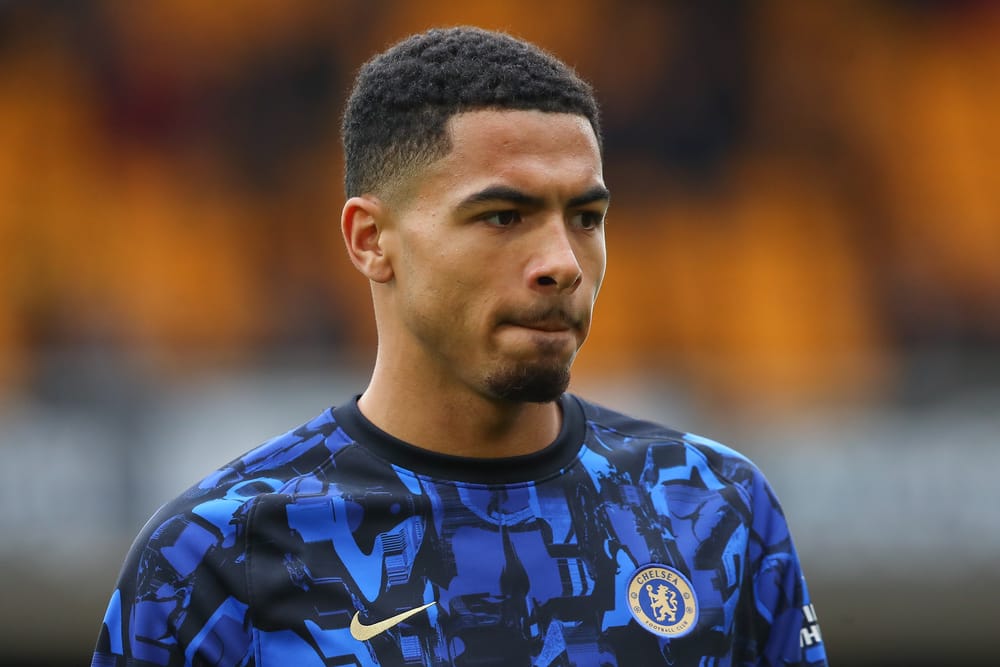In an unexpected twist off the pitch, Memphis Depay, the distinguished striker for Atlético Madrid, has stirred the sports world with his controversial remarks concerning friends and fellow footballers Dani Alves, Benjamin Mendy, and Quincy Promes. Known for his prowess on the field, Depay’s latest comments have shifted the focus to his perspectives on pressing issues surrounding his peers, inviting a spectrum of reactions from the football community and beyond.
Depay, whose career has been marked by notable highs and lows, has never shied away from expressing his views, making him as much a figure of intrigue off the pitch as on it. His recent statements, however, delve into sensitive topics related to allegations and legal challenges facing Alves, Mendy, and Promes. Depay’s commentary has sparked a conversation on the responsibility of athletes in the public eye, their influence on public perception, and the delicate balance between personal relationships and professional integrity.
In addressing the situations of Alves, Mendy, and Promes, Depay’s intent seemed to navigate the fine line between support for his friends and acknowledgment of the serious nature of the accusations against them. His words, while aiming to express solidarity, have inevitably led to a broader debate on the role of athlete endorsements, the impact of such controversies on team dynamics, and the overarching implications for the sport’s image.
Atlético Madrid, along with the wider football community, finds itself at a crossroads, contemplating the ramifications of Depay’s comments. The club, known for its strong team ethos and community engagement, must now address the challenge of supporting its player while navigating the public relations aspects of his statements. The controversy underscores the complex web of personal relationships, professional commitments, and public expectations that high-profile athletes must manage.
Furthermore, the reactions to Depay’s comments reveal a divided audience. Some supporters argue for the importance of standing by teammates and friends through personal trials, emphasizing loyalty and the presumption of innocence. In contrast, others call for a more cautious approach, stressing the need for public figures like Depay to recognize the influence of their words and the potential to sway public sentiment in sensitive matters.
As Atlético Madrid and Depay navigate the fallout, the incident prompts a larger reflection on the culture within football regarding players’ off-field conduct and the responsibilities that accompany their platform. It raises essential questions about the balance between personal loyalty and public accountability, the power dynamics at play within professional sports, and how athletes can navigate controversies with sensitivity and awareness.
In conclusion, Memphis Depay’s recent comments about Dani Alves, Benjamin Mendy, and Quincy Promes have catapulted him into the spotlight for reasons beyond his footballing talent. The ensuing debate highlights the nuanced challenges athletes face in the digital age, where their voices carry weight far beyond the pitch. As the situation unfolds, the football world watches closely, eager to see how one of its stars will tread the complex terrain of personal conviction and public responsibility.



